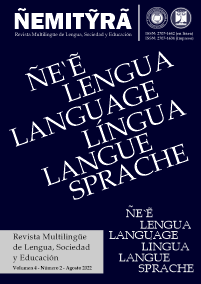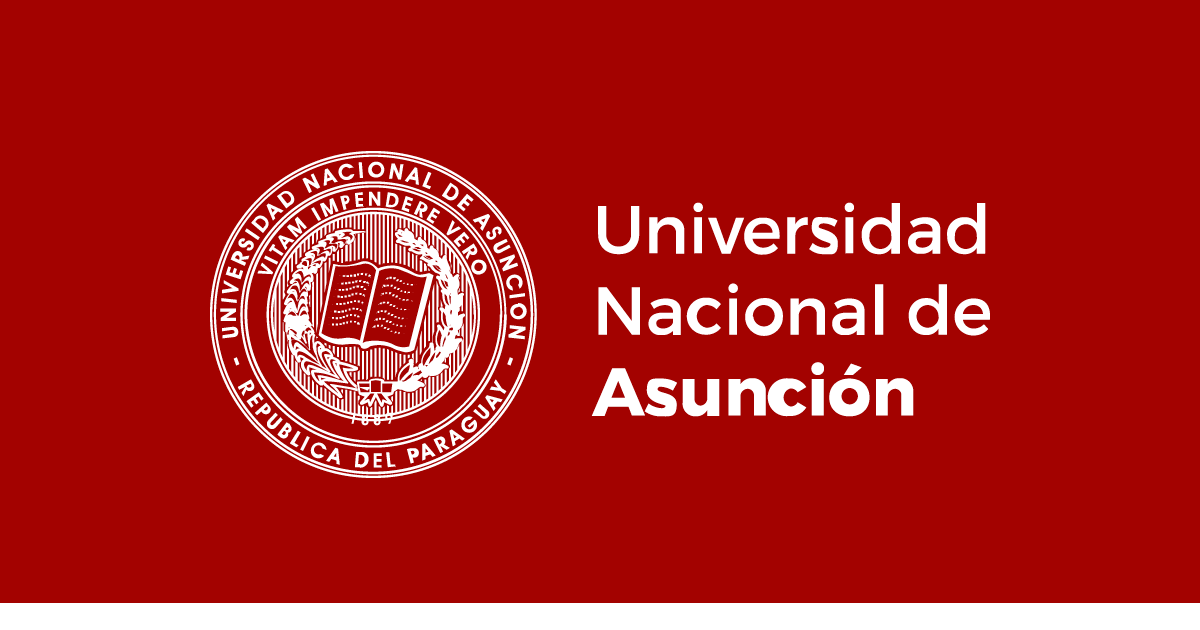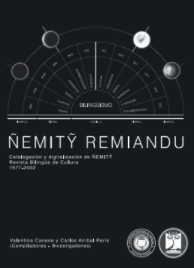Linguistic Manipulative Means in British Tourist Discourse
DOI:
https://doi.org/10.47133/NEMITYRA20222002A7Palabras clave:
linguistic manipulation, discourse, tourist discourse, language structureResumen
Tourism has witnessed continued expansion and deepening diversification over the decades. Tourist discourse can be seen as a pivotal tool of propaganda. The language use in tourist discourse, with the purpose of promoting consumption, is deliberately designed to build a positive image and exert an unconscious impact on the targeted audience. The paper provides a systematic analysis of the manipulative means in British tourist discourse from the perspective of language structure: phonological, lexical, semantic, and syntactic levels.
Referencias
Akopova, A. (2013). Linguistic manipulation: definition and types. International Journal of Cognitive Research in science, engineering and education, 1(2), 78-82.
David, Maya. (2017). Language, Power and Manipulation: The Use of Rhetoric in Maintaining Managerial Influence.
Gloria, C. (2013). Travelling words: Languaging in English tourism discourse. Travels and Translations, 167, 353-374.
Gurochkina, A.G. (2003). Manipulation in linguistics. Bulletin of the Russian State Pedagogical University. A.I. Herzen, 3 (5).
Korzhikova, N. V. (2018). Linguistic Features of Persuasive discourse Strategy Guide (Based on the Analysis of Guides to Yakutia). North-Eastern Federal University M.K. Ammosov Bulletin, 2(64), 109-119.
Lindknud, C. (1998). When opposite worldviews attract: A case of tourism and
local development in Southern France. In S. Abram and J.Waldren (eds), Anthropological Perspectives on Local Development Knowledge and Sentiments in Conflict (pp. 141–60). London: Routledge.
Lyubov, M. G. (2011). Strategies and tactics of advertising texts in the tourism sector. Russian state University of tourism and service, 7(26), 202.
Sergeeva, Y., & Syresina I., (2018). A students’ guide to English syntax: form word to discourse. Moscow: Moscow State Pedagogical University.
Tarnava, L. P., & Datsyuk, V. V. (2013). Tourist discourse: linguopragmatic characteristics, St. Petersburg State University Bulletin, 9(3), 229.
Tarnaeva, L. P. (2011). Training future translators to translate cultural-specific meanings of institutional discourse. Saint Petersburg: Russian state pedagogical University.
Descargas
Publicado
Número
Sección
Licencia
Derechos de autor 2022 Anqi Li; y Revista Ñemitỹrã

Esta obra está bajo una licencia internacional Creative Commons Atribución-NoComercial-SinDerivadas 4.0.










